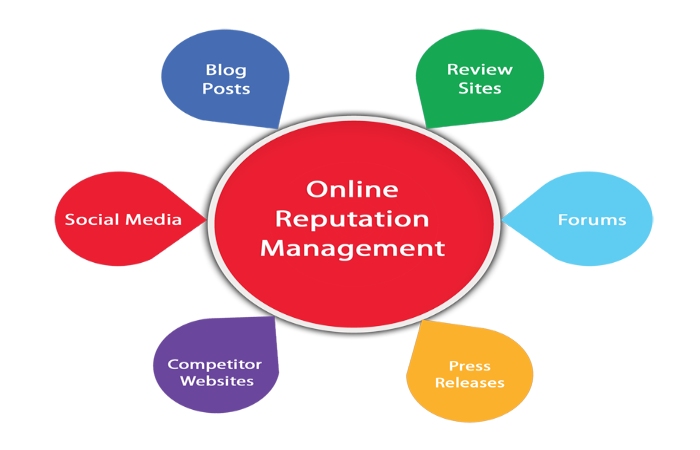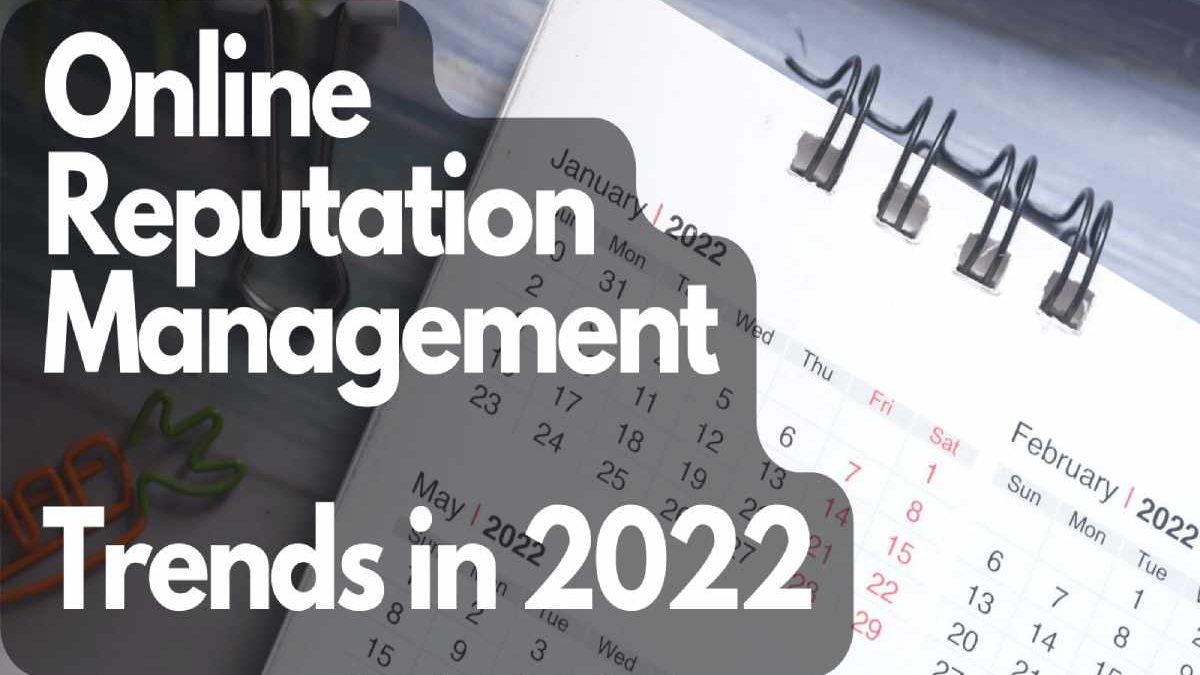Table of Contents
Introduction
Online reputation is the agreement public opinion of a separate organization based on their online occurrence and dependent on both their behavior and the subjective thoughts of viewers or customers. Unfortunately, online reputation hasn’t consistently overgrown. Still, with the rapid growth of social media, it’s too easy for a business to make or break its online reputation (or build it).
Just as people and companies have a reputation based on their activity in the real world, a misplaced message, a financial scandal, a personal disagreement, a broken promise, or a misunderstanding can easily change how you look at someone on social networks. It can also have a substantial financial impact on a business. Therefore, it’s essential to consider and cultivate your online reputation, primarily if your career and finances depend on it. As a result, the entire industry has grown everywhere online reputation management.
What Affects Online Reputation

Bad reviews: This is one speedway to changing your mind about a business. Some bad reviews can make potential customers suspicious, sometimes for a good reason. On the other hand, a considerate response to reviews is a quick way to impress current and future customers.
Social Media: It’s easy to post or reply quickly, but poorly planned or hastily written content is almost impossible to recover. So it’s there for all to see and remember.
Messaging: Direct messages and emails are suitable for communicating with friends or clients, but they can also be ways that angry people can lash out or even be harassed. Some companies have directly messaged customers who left negative comments, threatening or harassing them. The private nature of messages and emails also makes it easy to harass or abuse. Always be considerate in all communications of any kind.
Technological issues: For businesses, an outage or failure can damage their reputation, especially if rapid technological change is essential to that business (such as a financial institution whose servers go down).
Propagation of misinformation: Technology facilitates the production of information, especially falsehoods. Whether college gossip or high-level executive discussions, false information on the Internet can quickly damage a reputation.
Online Reputation Changes Rapidly
Social media allows information to spread at a high-speed rate. Within minutes, customers know a company has suffered a data breach, said something politically or socially insensitive on its marketing platforms, or done something useful for the community.
Social networks also allow users to quickly get involved in situations where they do not belong simply by sharing and commenting. As a result, a person or business can see its online reputation change quickly. This changes with every image someone posts on Instagram: users’ minds adapt to every content they see.
Online reputation differs a bit between individuals and businesses. People have more control over their online presence and can change the privacy settings of their email, social media, and other internet accounts. However, this does not prevent other people from sharing information about them online.
Businesses have more open platforms and need to interact with customers in exact ways. Internet users have several expectations and demands of companies: quick response to emails and messages, accuracy, friendliness, honesty, and socio-political awareness, to name a few. Missing the mark on any of them can cause people to view companies negatively. On the other hand, rapid response and problem-solving, timely emails, and an effective marketing campaign can create a solid online reputation.
How Search Engines Impact Your Online Reputation
Google has a 70% and 90% market share on desktop and mobile/tablet, respectively. There are approximately 65,427 Google searches per second, or 5.6 billion searches per day. Which means that about 75% of the world’s population, per capita, performs at least one Google search per day.
These online searches can relate to operations, partners, management, and more than one company. Every time someone searches for a company name, product, or address, a set of SERPs comes up. The information on the first page will tell a story about the business. If there are positive links, search engines are more likely to assume the company is trustworthy. While any negative links can raise doubts and erode trust.
Generally, the information consumers encounter will have an anchoring bias, which can influence their decision-making process. In other words, people will value what they read on page 1 more. Therefore, a positive search result will benefit the business if it becomes an anchor. However, if harmful, it will probably damage a person’s reputation or the company’s perception.
Conclusion
Online reputation is essential to note that most people have a bias called the “isolation effect” or Von Restorff effect. In which if there is only one negative result out of a multitude of positive results, the negative consequence is retained more often than not. The positive a. Therefore, managing the first page of search results to show the most representative digital assets is imperative.

